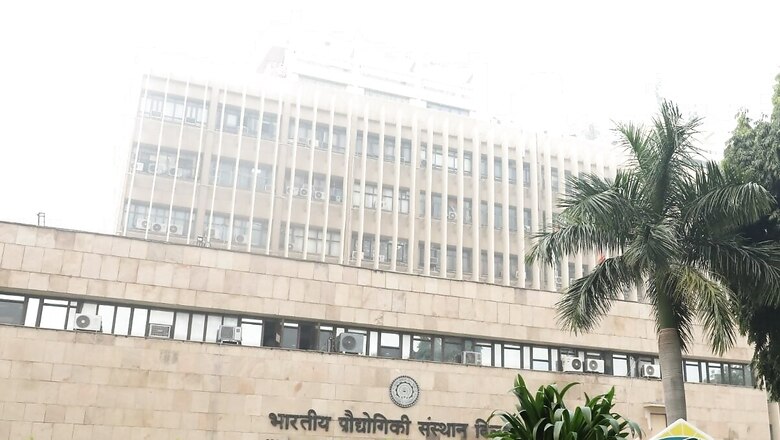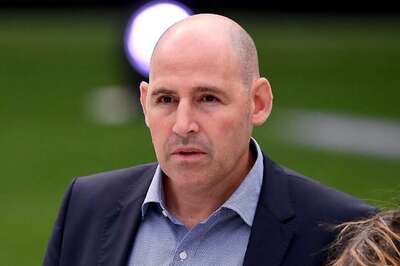
views
IIT Delhi has unveiled a human-computer interface hand-exoskeleton device named RoboExo SMARTTM. The Robotic Exoskeleton device for upper limb rehabilitation was designed and developed by Prof (Dr) Amit Mehndiratta, and Dr Neha Singh along with a team in the Centre of Biomedical Engineering (CBME) at IIT Delhi, to alleviate the paralysing effects of strokes.
Exoskeleton device RoboExo SMARTTM will now go through clinical trial studies for international acceptability in collaboration with Proxmed Pty Ltd., an Australian entity committed to driving healthcare innovations with the support of global expert Prof Mark Parsons, Department of Medicine and Neurology, Liverpool Hospital, University of New South Wales, Australia, the institute said. This collaboration has been made possible through the Foundation for Innovation and Technology Transfer (FITT), an industry-academia interface at IIT Delhi.
“The collaboration with Proxmed Pty. Ltd. Australia heralds an exciting chapter. The exoskeleton’s journey to Australian shores for clinical trials marks a pivotal step towards global recognition and efficacy validation. Together, both entities will propel stroke rehabilitation into an era of unparalleled possibilities”, said Prof. (Dr.) Amit Mehndiratta, Centre of Biomedical Engineering (CBME), IIT Delhi.
“Stroke is a debilitating condition that severely impacts the brain functions of the patient, making him/her paralyzed for the rest of the life. This life-altering affliction has found a revolutionary and powerful solution in the world of medical technology,” the IIT said.
IIT Delhi’s exoskeleton device synchronises wrist and finger joint movements, significantly enhancing daily functions and minimizing muscle rigidity. Its muscle activity-controlled interface, adaptable settings, and real-time performance feedback promise a journey toward swifter recovery.
The device addresses size and cost concerns plaguing conventional robotic solutions. Portable, lightweight, and cost-effective, it opens doors for widespread accessibility, especially in resource-restricted regions.
The device has undergone various stages of evaluation and is currently in its pivotal stage of national clinical validation under the leadership of Dr MV Padma Srivastava, Head of Neurology and Chief of CN Center at AIIMS, New Delhi, IIT Delhi stated.



















Comments
0 comment